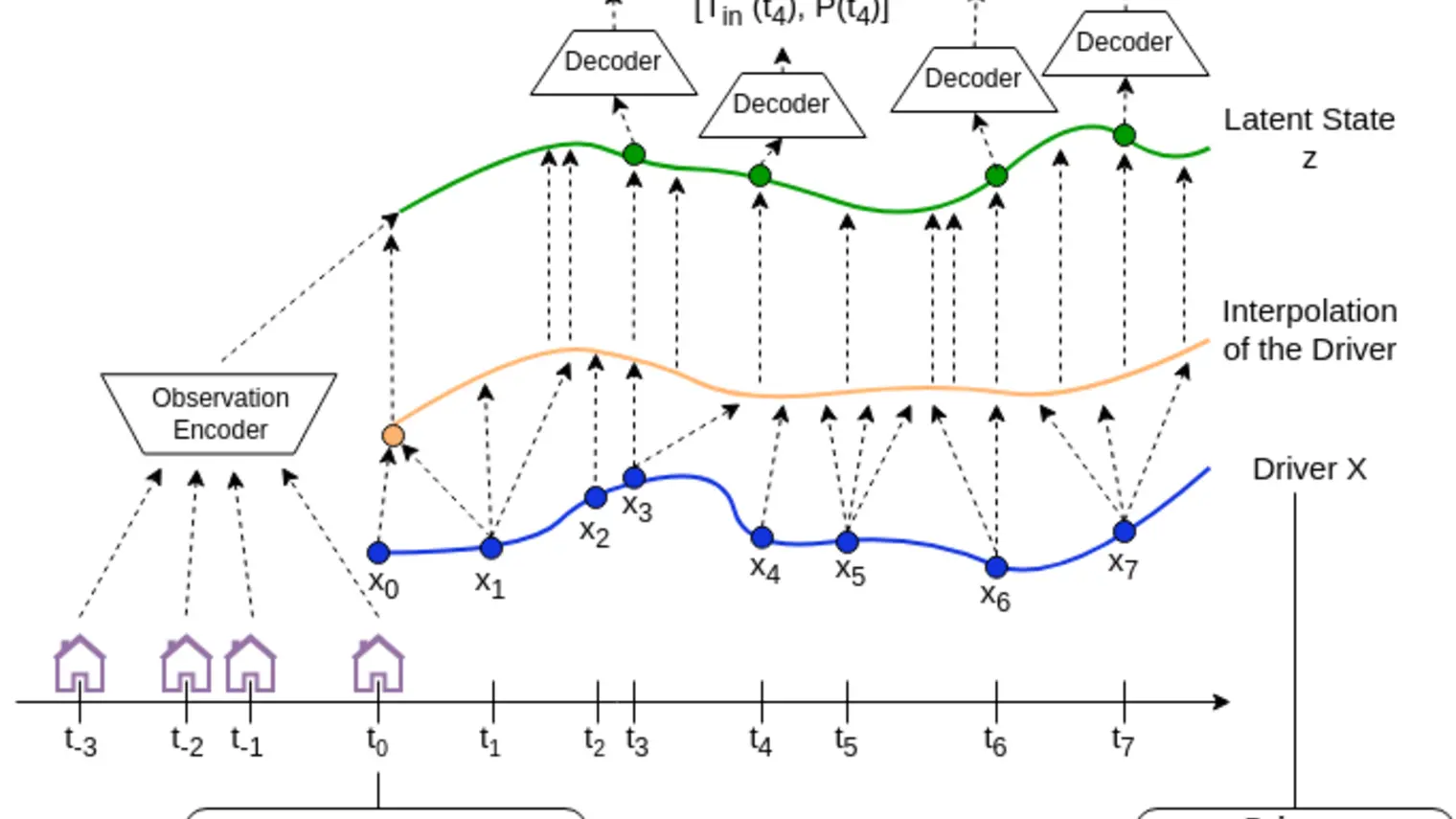
Hanane Dagdougui
Biography
Hanane Dagdougui is a Full Professor at Polytechnique Montréal and Associate Academic Member of Mila - Quebec Artificial Intelligence Institute. She received the Ph.D. in Systems Engineering from the Faculty of Engineering of Genova and the Mines Paris-Tech in France, as part of an international joint program in 2011. Prior to joining the Polytechnique Montreal in 2017, she was a research assistant at the department of Informatics, Bioengineering, Robotics and System Engineering at the University of Genoa in 2013. From 2013 to 2016, she was an institutional researcher at the department of Electrical Engineering, ÉTS Montreal.
Her research interests are in the distributed optimization theory and applications of mathematical optimization. She is particularly interested in the applications of mathematical optimization and machine learning techniques to problems of smart grids, microgrids, and smart buildings. Her research interests include also the techno-economic modeling and planning of renewable energy-based systems, demand response and electric transportation.



